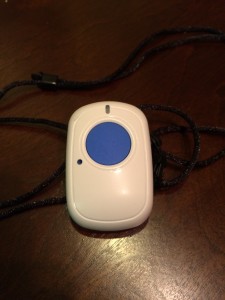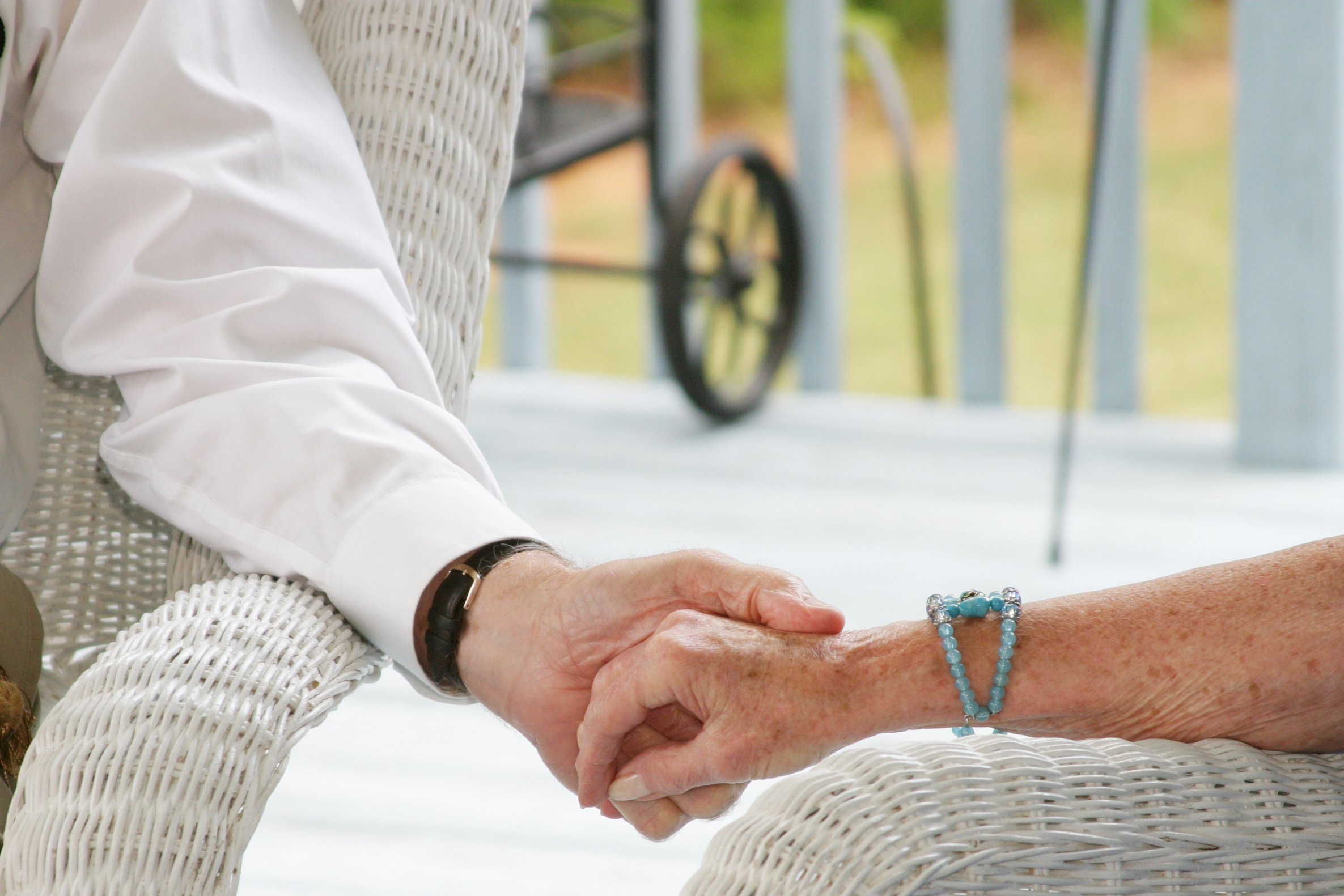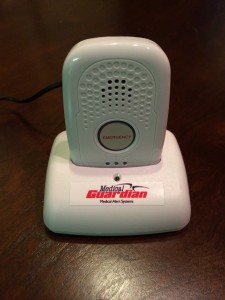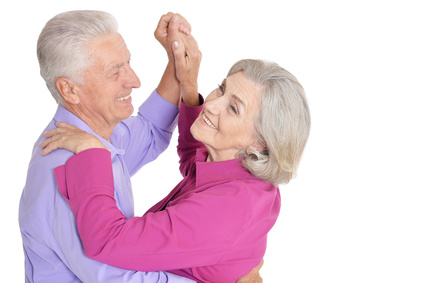Fall Alarm for Seniors
Studies show that a third of all seniors will suffer a serious fall every year. Often times these falls occur when a senior is alone and cannot get up and call for help. These are the situations in which a fall alarm can literally save a senior’s life.
Medical research indicates that every minutes counts following a fall. The longer it takes for help to arrive and treatment can begin, the less likely it is that the fall victim will make a full recovery. That means the senior could end up in a nursing home. And that could be the best case scenario. Let’s not even talk about the worse case result.
A fall alarm will not prevent a fall, but it could speed the time it takes for help to arrive. Here’s how it works — the special medical pendant you wear around your neck contains sensors that are able to detect a fall. In the event of a fall, the sensor sends a signal to the base unit, which then automatically calls the monitoring center. Within moments you will be speaking to a medically trained operator who will send help directly to your home.
Now, fall alarm technology is not without its controversy. Many medical alert companies do not offer it, claiming it is still not reliable enough. They say it cannot detect all falls, such as slipping out of a chair. They also say and is prone to false alarms.
However, there are a few companies which disagree and proudly offer the potentially live-saving service. They say the fall alarm can detect 95% of falls and that false alarms are kept to a minimum. That, they say, is good enough for them and their customers.
If you are in the market for a medical alert system, you should consider adding the fall alarm to your system.




